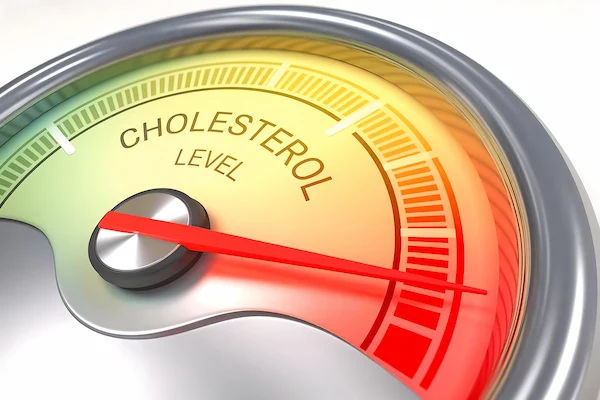- female
- 30 Years
- 29/01/2025
I've been dealing with a really high pulse rate and Im not sure why. Every time I check it with my digital sphygmomanometer, it reads between 95 to 110, and thats without any physical activity. My blood pressure usually hovers around 105 over 55. On top of that, Ive been experiencing severe abdominal pain and a constant feeling of nausea for the past few weeks. Could these symptoms be related, and what should I do about it?
Answered by 1 Apollo Doctors
Your pulse rate is slightly elevated (95-110 bpm), and your blood pressure is on the lower side (10555). Combined with your abdominal pain and nausea, this could indicate dehydration, stress, or an underlying medical condition like gastritis or an infection. I recommend seeing a doctor promptly for a detailed evaluation and necessary tests.
Dr. Dhankecha Suggests...
Consult a Cardiologist
Answered 04/07/2025
0
0

More Cardiology Health Queries
View allI'm feeling these weird thud-like sensations in my chest that are really making me uneasy. I've already had a Holter monitor, echo, ECG, and TMT done, all of which came back normal. What's my next step to address this issue?
Thud sounds in the chest can be concerning, even if your heart tests have come back normal. It's important to rule out any underlying issues. In this case, you can try taking a beta-blocker medication like Metoprolol (25-50mg) once daily. Beta-blockers can help reduce the sensation of thud sounds in the chest by slowing down the heart rate and reducing its workload. However, it's important to consult with your healthcare provider before starting any new medication.
Answered by 1 Apollo Doctors
I've done all the tests like TMT and 2D ECHO, and everything seems normal, but I'm still having this chest pain. What could be causing this?
gastritis check
Answered by 1 Apollo Doctors
I'm 23 and don't have any bad habits like alcohol or smoking, but because of my IT job, I'm sitting in front of a laptop a lot. I do eat fast food occasionally. Recently, I've felt a needle-like pain in my right upper chest that only lasts a second, and it has me worried about my heart health. I stress over various things, and I noticed my pulse is usually between 92-100 bpm. This morning it was 97 bpm. Im just wondering if my lack of physical activity might be affecting my heart. Plus, I have some gastric issues too. What do you think might be going on?
It's important to address your concerns. The needle-like pain sensation in your right upper chest, occurring briefly, could be related to musculoskeletal issues or even gastric problems. Given your sedentary lifestyle and stress levels, it's advisable to incorporate some physical activity into your routine. To help with your gastric issues, you can try taking Omeprazole 20mg once daily before breakfast for a few weeks. Additionally, for your heart health and to manage stress, you can consider taking Propranolol 20mg twice daily. However, it's crucial to consult a healthcare professional for a proper evaluation and personalized treatment plan.
Answered by 1 Apollo Doctors
Disclaimer: Answers on Apollo 247 are not intended to replace your doctor advice. Always seek help of a professional doctor in case of an medical emergency or ailment.





